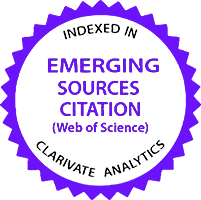Abstract— This paper investigates the energy-efficient routing in cluster-based wireless sensor networks (WSNs) by employing a linear programming formulation for the problem of minimizing energy consumption in such networks. This formulation considers energy consumption at different sensor nodes within a cluster and jointly optimizes the transmission energy of the sensor nodes to transmit data through a route with minimum energy. This approach has a big advantage to prolong the lifetime of the WSN. In order to study the energy-efficient routing in cluster-based WSN, several metrics are considered such as: number of clusters, maximum hop-count in each cluster, relay burden in cluster, and distribution of data aggregation among cluster-heads. Extensive simulations with different realizations are conducted to evaluate the proposed formulation. The results show that clustering reduces traffic flow, minimizes energy consumption, increase residual energy, and extend the lifetime of the sensor network. The proposed model offers a guarantee that the load of data routing in both intra-cluster communication and inter-cluster communication is balanced and distributed evenly. This research provides important design considerations in practical deployment of cluster-based sensor networks.

![Scopus®_151_PNG-300x86[1]](https://jjee.ttu.edu.jo/wp-content/uploads/2024/03/Scopus®_151_PNG-300x861-1.png)
